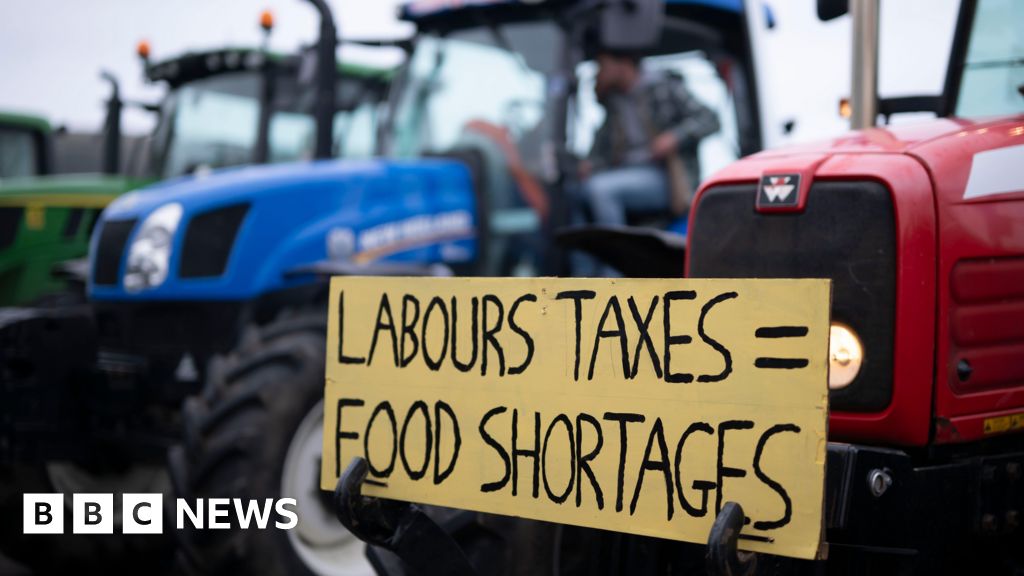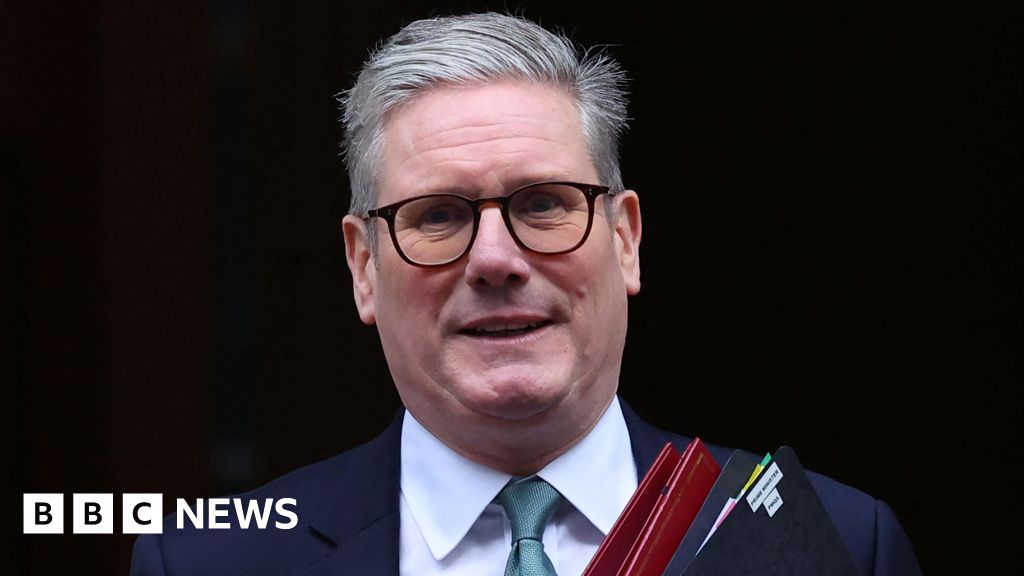ARTICLE AD BOX
 Image source, Getty Images
Image source, Getty Images
Millions of households in England face a 5% council tax increase in April, and bills in the rest of the UK are also expected to rise sharply.
This follows a range of increases in the cost of living, including energy bills and food prices.
What is council tax?
Council tax is a compulsory charge on properties in England, Scotland and Wales set by local authorities to raise money to spend on providing services in their area.
Homes are graded into different "bands", according to how much they were worth at a certain point in time.
In England, for example, bands are based on what the value of the property would have been on 1 April 1991.
People with more expensive properties are in a higher category.
Northern Ireland is not covered by the council tax system - it operates a separate domestic rating system.
Image source, Getty Images
What is changing in April?
The government has increased the amount that councils in England are allowed to put up council tax without having to hold a local referendum.
Those with social care duties can raise council tax by 5%, while others can put it up by 3%.
Most councils are expected to impose the biggest increase they are allowed to without consulting residents.
The Treasury expects 95% of eligible councils to push ahead with the 5% rise.
How much will my bill go up?
In England, if you pay the average Band D council tax of £1,966 a yearand your council tax goes up by 5%, that would mean an extra £98.30 across the year, or £8.19 a month.
To find out how much you are currently paying in England or Wales, search for your property on the government website.
That site will tell you which tax band you are in and which council you pay it to, with a link to its website, where you should find details of your current bill, and how much it will go up in April once that has been decided.
In Wales,Plaid Cymru is warning that households face "double digit" council tax increases, after local authorities said funding announced by the Welsh government will not cover their budget gaps.
In Scotland you can go to the Scottish Assessors Association website to find your council tax band and a link to your local authority.
Aberdeenshire Council has announced a 4% increase in council tax, which will see Band D bills go up by more than £50 a year. Typically, other councils seem to be looking at increases of 3 to 5%.
In Northern Ireland you need to check the valuation of your property - the site will also give you an estimated domestic rates bill.
Where does my council tax money go?
Council tax helps fund a number of local services, including:
- rubbish collection
- street lighting
- libraries
- police and fire services
- youth clubs
- parks and recreation facilities
It is the main source of income for most councils. According to the Institute for Government, on average council tax provides about half of local authorities' funding in England.
A further 27% of council funding comes from business rates, while the remaining 23% comes from central government grants.
In England, an additional charge is levied which goes towards the cost of care homes and other adult social care services.
As well as the amount taken by councils - which makes up the majority of a bill - local police and fire authorities also charge council tax to help fund their services.
Image source, Getty Images
Image caption,Council tax helps to fund local services, including playgrounds
Who pays council tax?
As a rule of thumb, anyone who is over 18 and owns or rents a home has to pay council tax, but there are exemptions and discounts based on individual circumstances.
Someone living alone, for example, is entitled to a 25% discount.
A property occupied solely by students is exempt, and you won't get a bill if you're living in halls of residence or a care home.
If you work away from home and your property is empty, you can get a 50% discount.
The key thing to remember is that it is the occupant of the property who is liable for the bill, so tenants rather than the landlord have to pay.

 1 year ago
36
1 year ago
36








 English (US)
English (US)